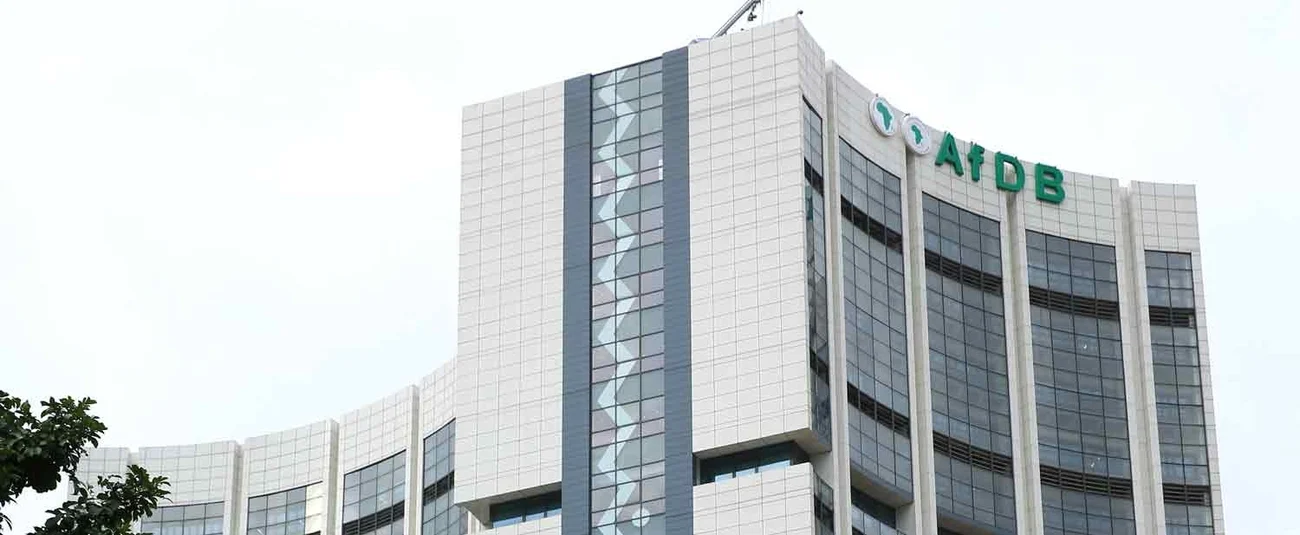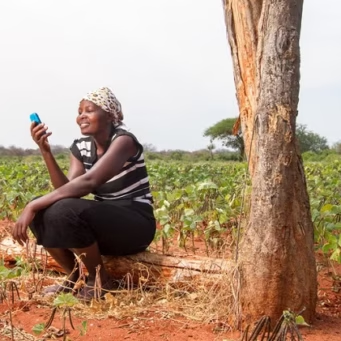The African Development Bank Group (AfDB) has approved a $30.25 million financing package to support smallholder farmers in Alibori and Atakora, two key agricultural zones in Northern Benin. This initiative targets over 150,000 farmers, introducing climate resilience tools to help reverse the twin crises of food insecurity and environmental disruption that have plagued the region. But beyond its humanitarian angle, this intervention has deep implications for agribusiness, food and beverage supply chains, and consumer markets across West Africa.
Agriculture is the backbone of Benin’s economy, contributing over 25% to GDP and employing more than 70% of the workforce. Yet, northern regions such as Alibori and Atakora have been hardest hit by erratic rainfall, rising temperatures, and insecurity stemming from Sahelian instability. The impacts have been severe: lower productivity, disrupted trade routes, displacement of communities, and shrinking incomes.
Cotton and maize, which are among the country’s top crops, are particularly exposed. The AfDB estimates that if climate-related disruptions go unchecked, Benin could suffer losses of up to $365 million in crop value over the next few years. In a region already struggling with high food inflation, this scenario would worsen the nutrition crisis, destabilise rural economies, and strain supply chains for agro-based industries.
A Turning Point for Agricultural Supply
The newly approved program introduces climate risk insurance via Africa Risk Capacity and microinsurance schemes tailored to smallholder realities. These tools provide farmers with a safety net against weather-related shocks, helping preserve harvests and incomes. Just as importantly, they unlock access to credit. Farmers who were once seen as too risky by formal lenders will now be better positioned to invest in quality seeds, fertilisers, and irrigation, all of which are vital for consistent yield improvement.
For food and beverage manufacturers, this represents a foundational shift. Local processors of maize-based products, edible oils, animal feeds, and even dairy substitutes have often faced unpredictability in sourcing raw materials. With better tools for risk management, agrometeorological forecasting, and early warning systems in place, there will be less volatility in agricultural supply. That stability helps manufacturers make better production plans, optimise inventory, and reduce over-reliance on imports or costly buffer stocks.
FMCG supply chains, especially in packaged foods and beverages, rely heavily on predictable sourcing and efficient rural logistics. By supporting farmer productivity and ensuring supply continuity, the AfDB program indirectly strengthens the entire upstream segment of the FMCG value chain, from the small village miller to industrial-scale food manufacturers.
Opportunities for FMCG Growth in Rural Markets
The economic ripple effects go further. As farmers gain more resilience and incomes improve, consumption habits tend to shift. More stable incomes allow rural households to purchase beyond subsistence, increasing demand for packaged consumer goods such as powdered milk, cooking oils, snacks, personal care products, and household essentials. FMCG companies can tap into this by expanding distribution networks in secondary towns and deep rural areas where informal trade dominates.
In particular, brands that offer affordable pack sizes, health-conscious nutrition products, and climate-conscious sourcing stand to benefit. Northern Benin and surrounding regions in Togo, Niger, and Burkina Faso present untapped opportunities, especially for companies willing to invest in last-mile retail, route-to-market strategies, and mobile-first marketing.
As mobile penetration rises and digital payment ecosystems expand in West Africa, new forms of engagement, mobile-based ordering for retailers, digital loyalty schemes, and rural influencer marketing, will enable brands to serve this evolving consumer base more effectively.
Strategic Implications for Supply Chain Resilience
This intervention also holds broader implications for supply chain planning across West Africa. The volatility of agricultural output due to climate change has already forced some multinationals to rethink their sourcing footprints. For regional FMCG companies that depend on maize, sorghum, cottonseed, or groundnuts from Benin and neighbouring countries, this kind of investment in climate-smart agriculture is a form of supply chain risk mitigation.
By incorporating climate resilience as a core pillar, companies can ensure better continuity in ingredient sourcing, reduce cost volatility, and enhance their ESG (Environmental, Social, and Governance) credentials. In time, this may also unlock green financing or impact investment opportunities for manufacturers, processors, and distributors who align with sustainable practices.
The AfDB-supported project also includes the deployment of early warning systems and digital agrometeorological tools, technologies that help farmers make informed decisions and enable governments to respond proactively to emerging threats. For FMCG businesses and logistics operators, these tools provide critical planning inputs, such as anticipating seasonal supply changes or adjusting delivery routes during weather disruptions.
As Benin builds resilience from the ground up, a stronger and more inclusive agricultural economy could emerge. The intersection of climate insurance, farmer financing, digital tools, and improved yields creates an ecosystem where agribusiness can thrive. The FMCG sector, particularly food and beverage, stands to gain from this foundation, both in terms of secure supply and growing rural demand.
In a time when global supply chains are increasingly fragile and inflation continues to weigh on household budgets, this kind of systemic investment signals a shift. One where resilience and inclusion are not just development goals, but also business enablers.








